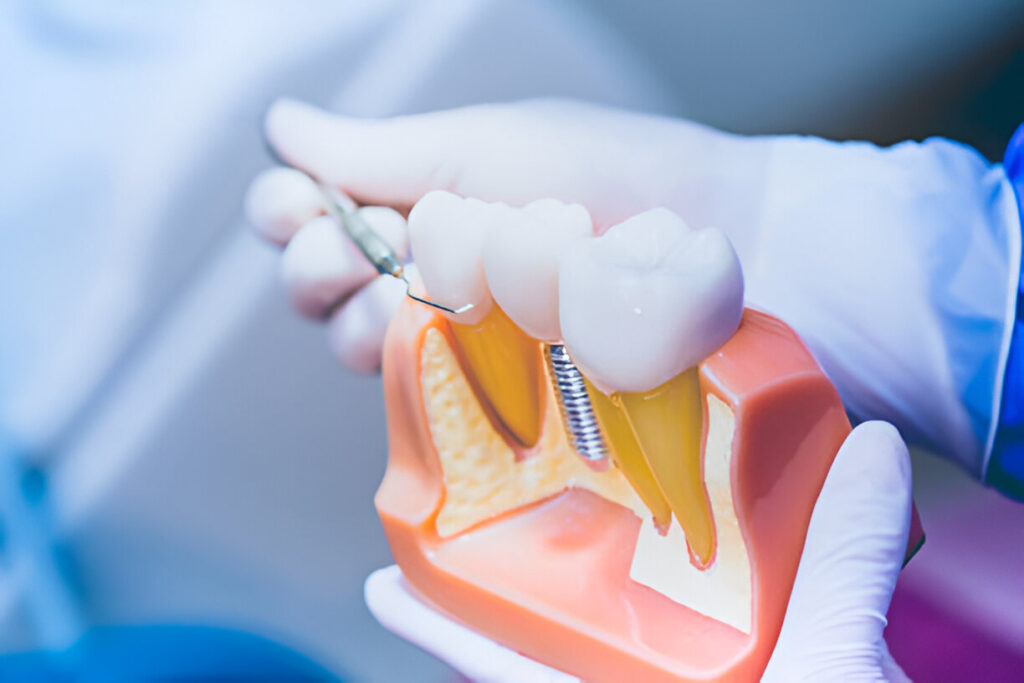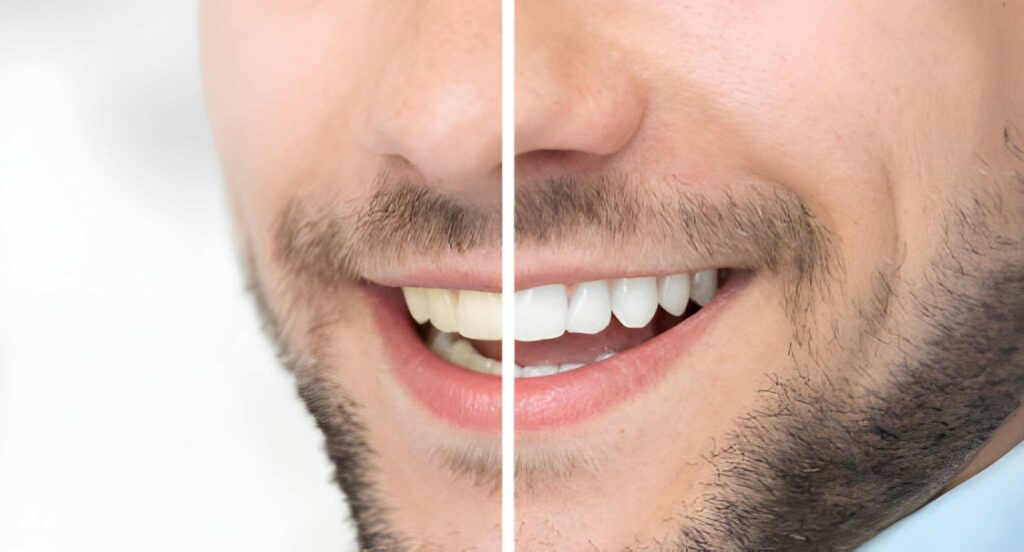Dental implants help replace missing teeth. They look and feel like real teeth. But to place them properly, your jaw needs to be strong. Sometimes, the bone in your jaw is not thick or deep enough. This is where a bone graft might be needed. A bone graft adds more bone to your jaw. It helps make the area strong enough to hold an implant. Many people ask if they need a bone graft. The answer depends on the condition of your mouth and how long the tooth has been missing.
Why Jawbone Health Matters
Your jawbone plays a big role in expert dental implant care in Aberdeen. When a tooth is missing, the bone around it can shrink. This happens because the tooth is no longer there to keep the bone active. Without that stimulation, the bone starts to break down over time. If you wait too long to get an implant, your bone may become too weak. A weak bone cannot support an implant properly. That’s why a dentist will check your jawbone before starting any implant work. If the bone is thin or soft, a bone graft may be suggested.
Can Dental Implants Restore Face Shape?
What Is a Bone Graft?
A bone graft is a small surgery where bone is added to your jaw. This bone can come from your own body, a donor, or it can be made from special materials. The goal is to build up the area where the implant will go. After a bone graft, your body begins to grow new bone in that spot. Over time, the new bone becomes part of your jaw. This process takes a few months. Once the area is ready, the implant can be placed safely and securely.
Can I Get Dental Implants Years After an Extraction
Do All Patients Need Bone Grafts?
Not everyone needs a bone graft. Some people still have strong, healthy jawbones. If a tooth was lost recently, the bone might still be in good shape. In those cases, a dentist may place the implant without any extra steps. But if a tooth has been missing for a long time, there’s a bigger chance the bone has shrunk. Also, people who wore dentures for many years may need bone support. Each case is different, so it’s important to get a dental check-up before planning treatment.
Can Dental Implants Cause Ear Pain?
When Is a Bone Graft Necessary?
There are a few signs that a bone graft might be needed. One clear reason is if the bone is too thin or short. Another reason is if there’s been bone loss caused by gum disease. In some cases, a special bone graft called a sinus lift is needed for the upper jaw. This helps create more space where bone is missing near the back teeth. If you’re unsure, an NHS Dentist in Aberdeen can assess your jaw and let you know what treatment is best for your dental implant needs.
Can I Eat Bread After a Dental Implant
Are There Alternatives to Bone Grafts?
Yes, there are a few ways to avoid a bone graft. One option is using shorter implants that need less bone. Another is tilted implants that can be placed in thicker areas of the jaw. There’s also a treatment called “All-on-4.” This method replaces a full row of teeth using just four implants. It works well even if you have low bone levels. Not all patients are suited for these options, but it’s worth asking your dentist about them. Sometimes, a second opinion can help you find the right path.
How Many Teeth Can One Implant Replace?
What Happens During the Healing Period?
After a bone graft, your mouth needs time to heal. This healing helps the new bone blend with your own bone. The healing time can range from three to six months, depending on the type of graft. During this time, you may need to wait before getting the implant. It’s important to follow your dentist’s advice. Good oral care, healthy eating, and rest all help your mouth heal faster. If everything goes well, the implant can be placed once the bone is strong enough. Patience is key to long-term success.
Final Thoughts: Is a Bone Graft Right for You?
Bone grafts are not always necessary. But when they are, they make a big difference. They help ensure your dental implant stays strong and lasts for years. If you’re not sure whether you need one, speak with your dentist. They’ll take scans, check your bone, and help you decide. Every smile is unique, and so is every treatment plan. Whether you need a bone graft or not, there is a solution that fits your needs. With the right care, you can enjoy a healthy and confident smile once again.
Schedule Your Consultation Today!
Book Your Implant Consultation at Holburn Dental and Implant Centre
Thinking about dental implants but unsure if you need a bone graft? At Holburn Dental and Implant Centre in Aberdeen, our experienced team is here to help. We’ll carry out a full assessment, explain your options clearly, and create a personalised treatment plan just for you. Whether you’re ready to begin or just need advice, we’re here to support you every step of the way. Book your consultation today and take the first step towards a confident, healthy smile with Holburn Dental and Implant Centre.
Frequently Asked Question
How do I know if I need a bone graft for my implant?
Your dentist will take X-rays or a 3D scan to check your jawbone. If the bone is too thin or soft, a bone graft may be needed. Every case is different, so it’s best to get a full dental check-up before starting implant treatment.
Is a bone graft safe?
Yes, bone grafts are safe and commonly done in dental clinics. The materials used are well-tested and approved. Your dentist will explain the risks and benefits clearly before starting. With proper care, most people heal well and go on to have successful implants afterward.
Can a bone graft and implant be done at the same time?
Sometimes, yes. If there’s only a small amount of bone needed, both procedures can be done together. But if the bone loss is bigger, your dentist may do the graft first and wait a few months before placing the implant. It depends on your case.
Will a bone graft change the shape of my face?
A bone graft can help restore your jaw’s shape if it has shrunk due to missing teeth. It supports facial structure and helps you look more natural. Many people feel their face looks fuller and better after the implant and graft are complete.
What if I choose not to get a bone graft?
If your bone is too weak and you skip the graft, your implant may fail. It could become loose or not heal properly. That’s why following your dentist’s advice is important. A graft helps give your implant a strong base and better long-term success.




